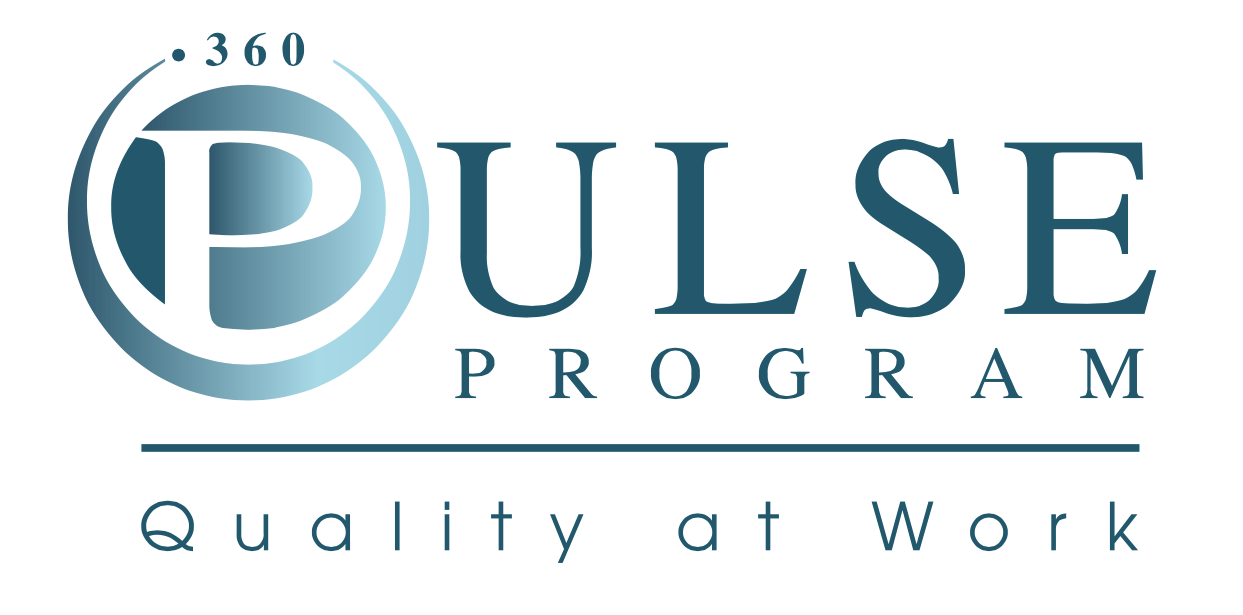Both physicians-in-training and in-practice physicians may benefit from engaging in empathic and constructive behaviors with patients and team members. Backward stepwise regressions were used to determine which model with the most variance used the fewest explanatory variables. Personality traits acted as predictor variables in the regression models and patient satisfaction and teamwork performance were utilized as outcome variables. The higher the physicians′ emotional stability, the higher patients’ overall satisfaction (b 1⁄4 0.41, p 1⁄4 0.04) and willingness to recommend them to other patients (b 1⁄4 0.45, p 1⁄4 0.03). Furthermore, high emotional stability was related to effective surgical teams as rated by team members (b 1⁄4 −0.75, p 1⁄4 0.00) such that the more emotionally stable physicians were, the higher their teamwork rating by colleagues.
Menu
Dr. Congeniality: Understanding the Importance of Surgeons’ Nontechnical Skills Through (PULSE) 360° Feedback
- 360 feedback
- Dr. Congeniality: Understanding the Importance of Surgeons’ Nontechnical Skills Through (PULSE) 360° Feedback





